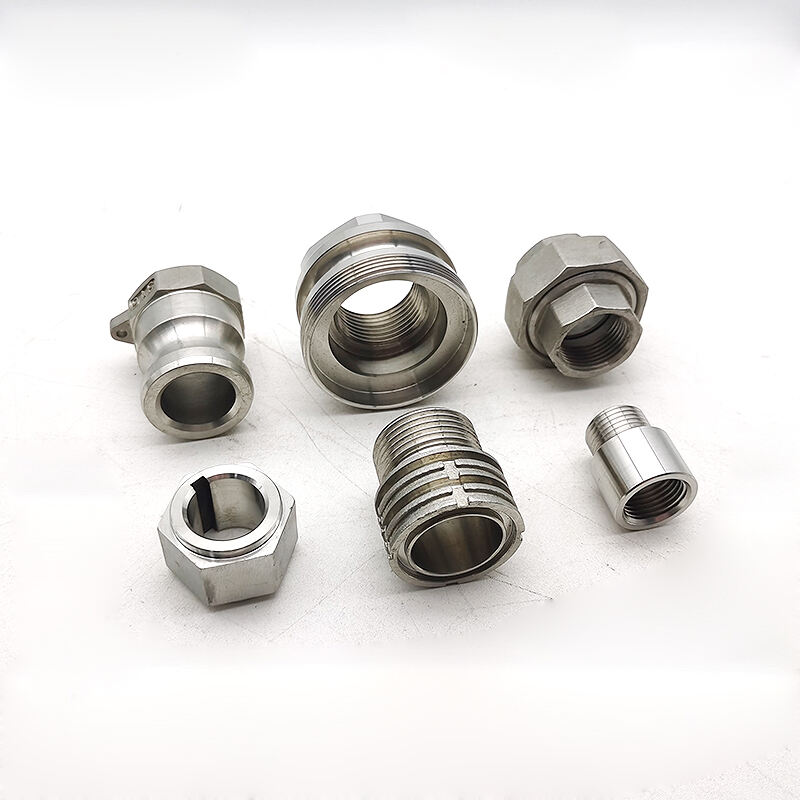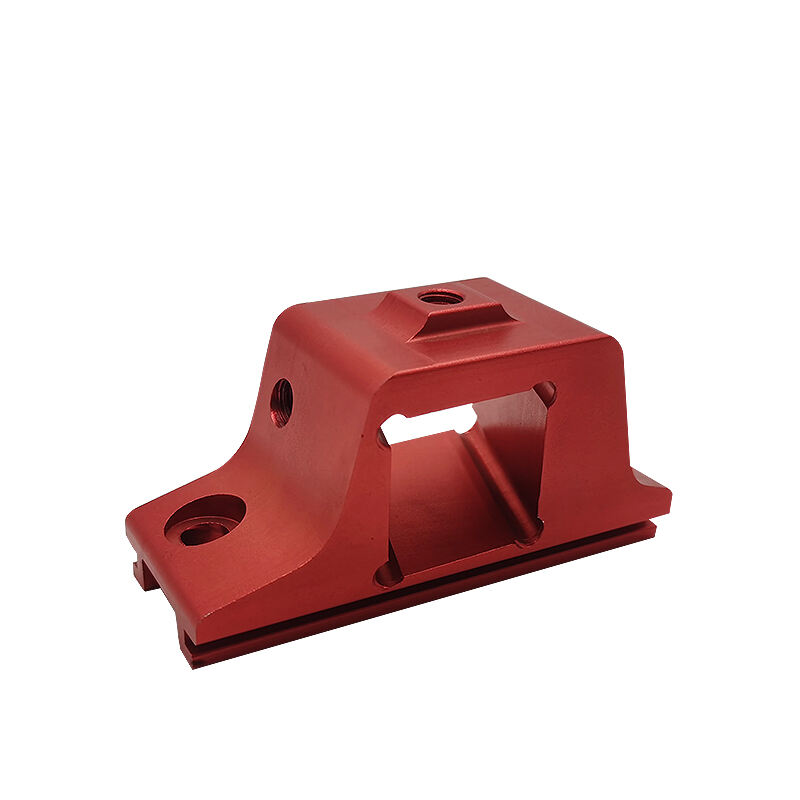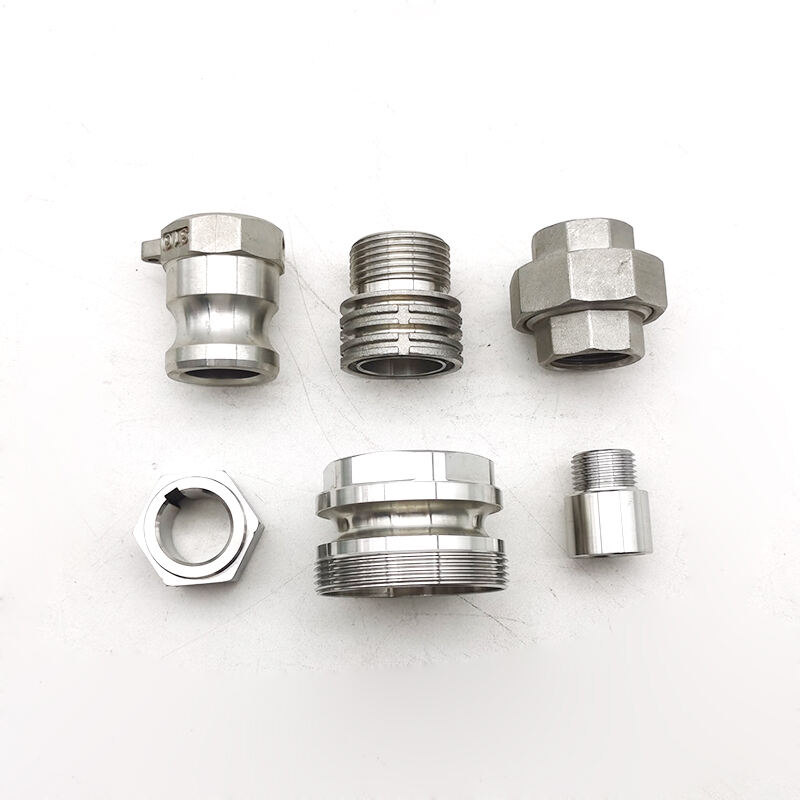precision cnc machining parts
Precision CNC machining parts represent the pinnacle of modern manufacturing technology, offering unparalleled accuracy and consistency in component production. These parts are created through computer-controlled machining processes that transform raw materials into complex, high-precision components with tolerances as tight as +/- 0.001 inches. The technology utilizes sophisticated CAD/CAM software to translate digital designs into precise mechanical instructions, controlling multiple axes of movement simultaneously. These parts are essential in various industries, including aerospace, automotive, medical devices, and electronics manufacturing. The machining process can work with a wide range of materials, from metals like aluminum, steel, and titanium to plastics and composites. Each part is manufactured with exceptional surface finishes and dimensional accuracy, ensuring perfect fit and functionality in complex assemblies. The versatility of CNC machining allows for the production of both prototype quantities and high-volume manufacturing runs, maintaining consistent quality throughout. Modern CNC machines incorporate advanced features such as automatic tool changers, integrated quality control systems, and real-time monitoring capabilities, ensuring optimal production efficiency and reliability.


